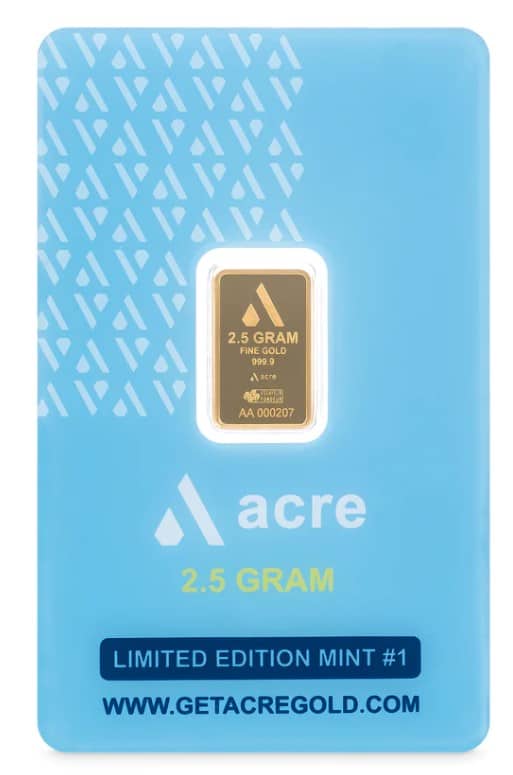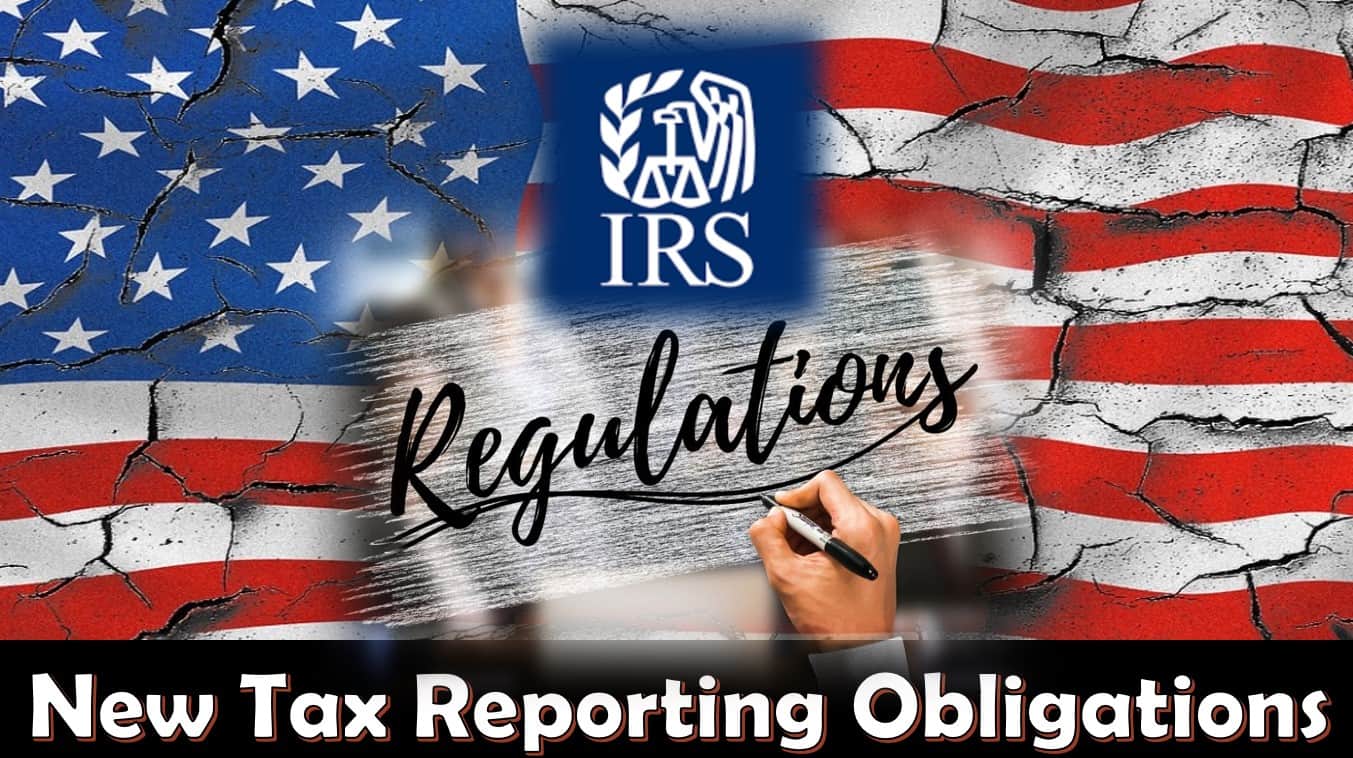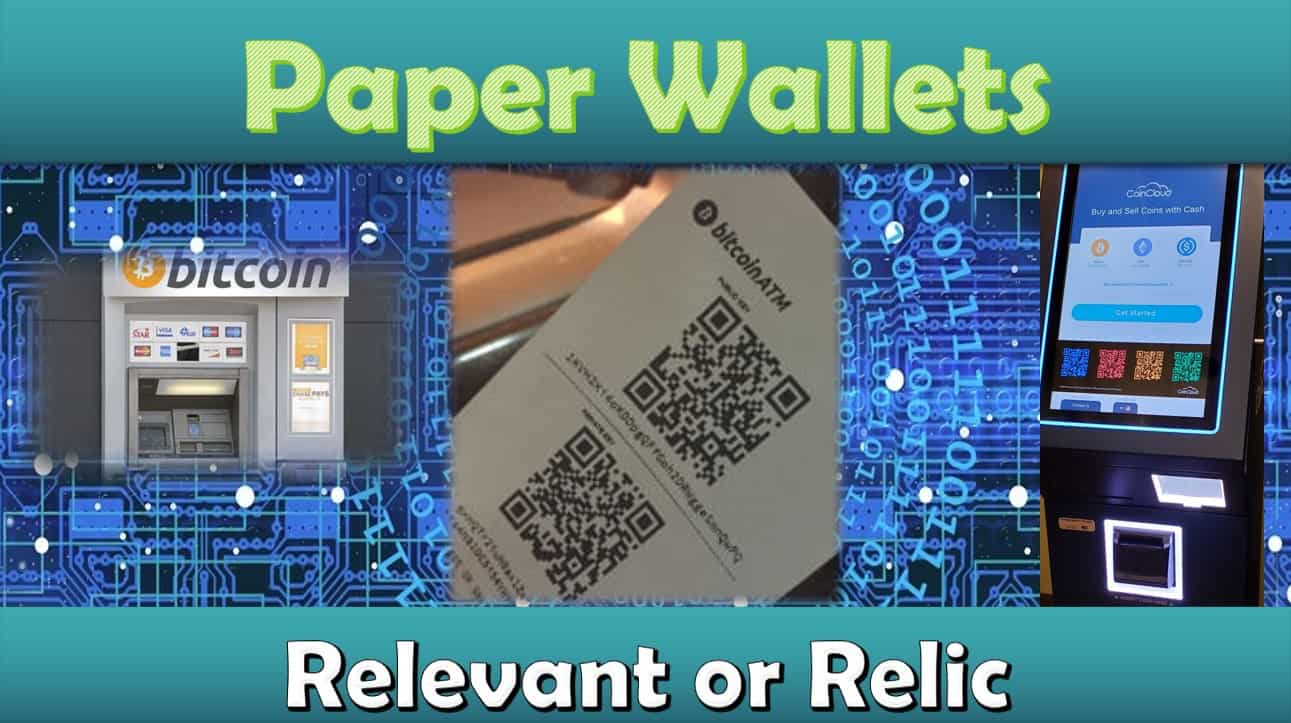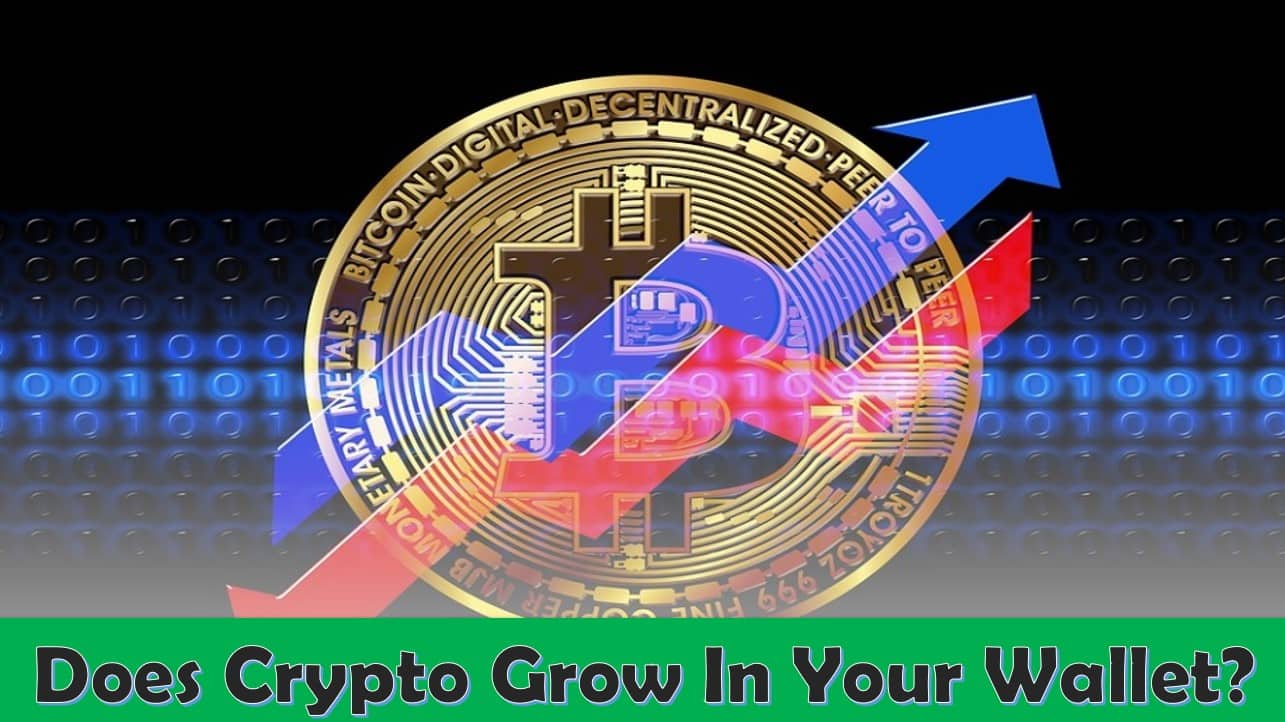
Is Your Crypto Growing While It’s In Your Wallet?
Last updated on June 8th, 2023 at 02:58 pm
The increasing popularity of cryptocurrencies in recent years has created a lot of questions for those who are looking to diversify their portfolios.
But what happens when you buy crypto and store it in your wallet?
Is it really growing, or just sitting there?
The value of cryptocurrency stored in a wallet fluctuates with the market. This price fluctuation occurs regardless if the price movement is bullish or bearish. This price movement also occurs no matter what type of wallet or exchange is being used.
To help you understand this better, we’ll review what cryptocurrency is, what a wallet is, as well as where cryptocurrency is actually located.
Crypto Basics
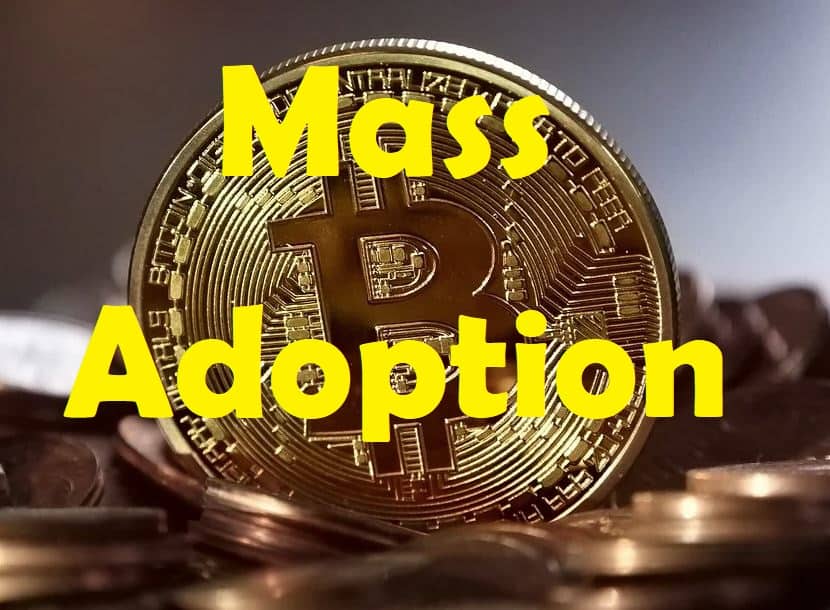
In brief, cryptocurrency is a digital or virtual currency. The primary feature of crypto is that they are decentralized, meaning they are not subject to government or financial institution control.
Since Bitcoin, the first and most well-known cryptocurrency was created, there has been a slow and steady curve of adoption.
Along with this adoption comes the development and build-out of the infrastructure necessary for the space to flourish.
The framework for the crypto space and its future continues to be created every day. Because of this, there is a bit of a learning curve necessary to safely transact in the space.
This learning curve creates questions like the one we are answering here.
Does Crypto Grow in a Wallet?
The short answer to this question is, yes.
Let’s discuss this a bit further to help bring the why into perspective.
Cryptocurrency exists on the blockchain. There is no actual crypto in your wallet.
The cryptocurrency market operates 24 hours per day, 7 days per week, 365 days per year. This means the price of any cryptocurrency changes every minute of every day.
So, in the case of Bitcoin, these price changes affect the value of every Bitcoin across the network regardless of where they are.
This is because 1 BTC = 1 BTC.
This is true for each cryptocurrency.
Let’s look at it from another perspective…
Most financial advisors counsel their clients to diversify their investment portfolios. So, spreading their investment risk across stocks, bonds, precious metals, commodities, crypto, etc.
For example, part of my portfolio diversification strategy includes investing in gold.
To accomplish this, I use Acre Gold to dollar cost average my way into this precious metal.
You can learn more about that here.
When I receive my gold, the value of that gold is whatever the market value is for that particular day.
Once received, I take my gold and put it in my safe. All I’ve done is change the physical location of the gold.
Does this change in location alter the value of my gold?
No… because, gold = gold.
The same holds true for cryptocurrency.
If you’ve just arrived in the crypto space, it’s a good idea to educate yourself more about cryptocurrency. I suggest you begin here.
However, you may be wondering if the type of crypto wallet matters or even why you need a wallet.
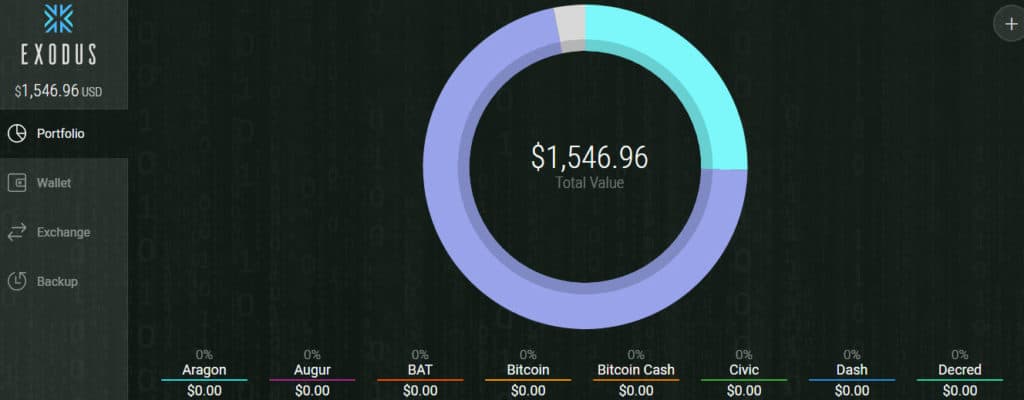
What’s In My Wallet?
As I mentioned earlier, your cryptocurrency is not actually stored in your wallet, it is located on the blockchain. Where it is located on the blockchain is determined by your public address.
Access to this public address and the crypto there is unlocked by your Private Key. Your Public & Private Keys are what is stored in your wallet.
You can take a deeper dive into Public & Private Keys here.
Think of your cryptocurrency wallet as the point of access to your crypto.
In a nutshell, a crypto wallet acts as an intermediary between the blockchain, where the coins are created and stored, and the user wishing to access them.
The storage of these public and private keys inside of the wallet is what allows its owner to transact with any supported cryptocurrency.
This is why you must always back-up and properly secure the keyword/recovery phrase for your wallet. Ultimately, anyone who has access to this, controls your cryptocurrency.
A crypto wallet is used to generate addresses for receiving payments, allows for assets to be transferred, in many cases it stores and manages multiple assets, and tracks an assets’ transaction history.
It should be noted that this is just an overview of cryptocurrency wallets. It is advisable to learn about the different types of wallets and how to secure them properly. To do this, you should start here.
Crypto Pricing Wrap-up
To bring it all together, the value of your cryptocurrency assets fluctuate with the market when they are secured in a cryptocurrency wallet.
Because cryptocurrency assets live on the blockchain, it does not matter what type of wallet you use, this fluctuation occurs naturally.
Your crypto wallet should be considered your point of access to your assets. A wallet stores Public & Private keys which are necessary to conduct transactions and track your crypto assets.
This means that regardless of where you store your crypto, its value will remain the same as its counterparts within the market.
Disclaimer
The information provided here is for INFORMATIONAL & EDUCATIONAL PURPOSES ONLY!
View our complete disclaimer on our Disclaimer Page

